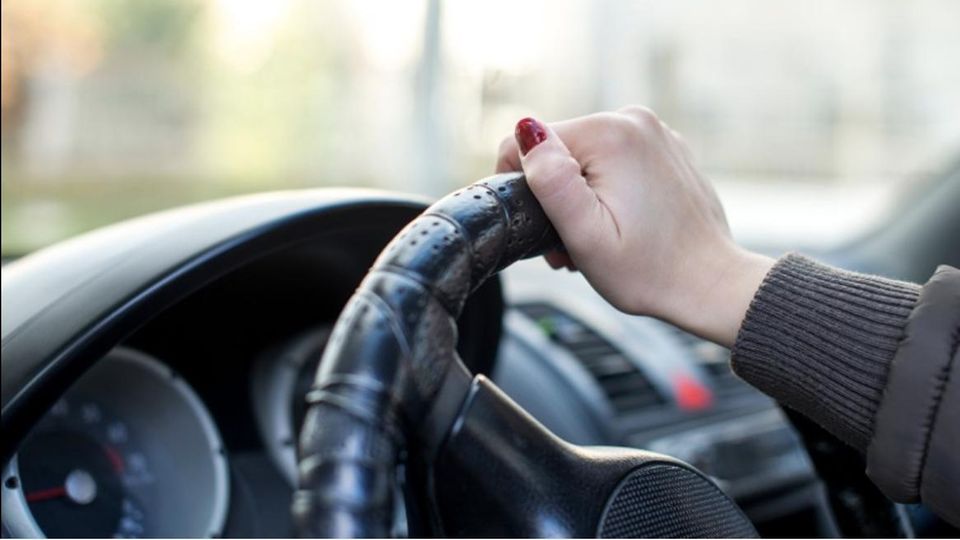questions and answers
EU Parliament votes on a Europe-wide driving ban: the plans in detail
The revocation of a driving license could have the same effect in all EU countries in the future. The Transport Committee in the EU Parliament is voting on proposals for driving bans that apply across Europe.
© Sina Schuldt / DPA
Anyone who currently loses their driving license in an EU country can still legally drive a car in another country. That could change in the future.
The EU Parliament will vote in Strasbourg on Tuesday on its position on an EU-wide driving license revocation. Specifically, the point is that in Germany, for example Driving ban should apply if a driving ban has been issued in another EU country. Before the stricter requirements can come into force, a compromise must be found with the EU states.
What exactly is it about?
Summer, holiday mood and then possibly too much wine or too much grappa: If you get behind the wheel drunk and get caught, you will lose your driving license. But with what consequences? So far these have often been manageable. Because: To date, a driving ban usually only applies in the EU country in which it was issued. If a German traffic offender is given a temporary driving ban in Italy, for example, he can get behind the wheel again after the Brenner Pass and drive home. The EU Parliament now wants to change this.
What is the current legal situation regarding driving bans?
However, under current rules, a serious road traffic offense leading to disqualification from driving cannot be enforced across the EU if the driver committed the offense in a Member State other than the one in which his or her driving license was issued.
“An imposed driving ban currently only applies in the country in which it was issued,” summarizes the ADAC. For example, a three-month driving ban imposed in Italy only means that you are not allowed to drive in Italy – it has no consequences in Germany.
Why should the legal situation change?
Last year, more than 20,000 people lost their lives on EU roads – the majority of victims traveling on foot, by bike, on scooters and on motorbikes. A central concern of the new regulations is to increase road safety. According to the EU Commission proposal, it is crucial for this that people who have committed road traffic offenses are held accountable in all member states.
Purchase advice
These eight cars are suitable for novice drivers
In its road safety package referred to as the EU policy framework, the Commission has committed itself to achieving the goal of “vision zero road fatalities” on EU roads by 2050 and reducing the number of deaths and serious injuries by 50 percent by 2030.
What should apply in the future?
Driving without a valid driver’s license should be added to the list of serious traffic violations – just like drunk driving and fatal traffic accidents are now. According to the information, information about the revocation of the driver’s license is automatically exchanged.
What effects would the planned new regulation have?
Anyone whose driving license has been revoked will no longer be allowed to drive anywhere in the EU.
From the ADAC’s point of view, the proposed rule change is the right approach. This contributes to greater safety in traffic. However, it will still take some time before a directive is implemented into national law. In addition, questions still remain unanswered.

The SPD MEP Thomas Rudner also supports the tightening of the rules. “According to the EU Commission, around 40 percent of cross-border traffic violations currently go unpunished,” said the politician.
Sources: EU, ADAC, SPD Europewith news agency DPA.


